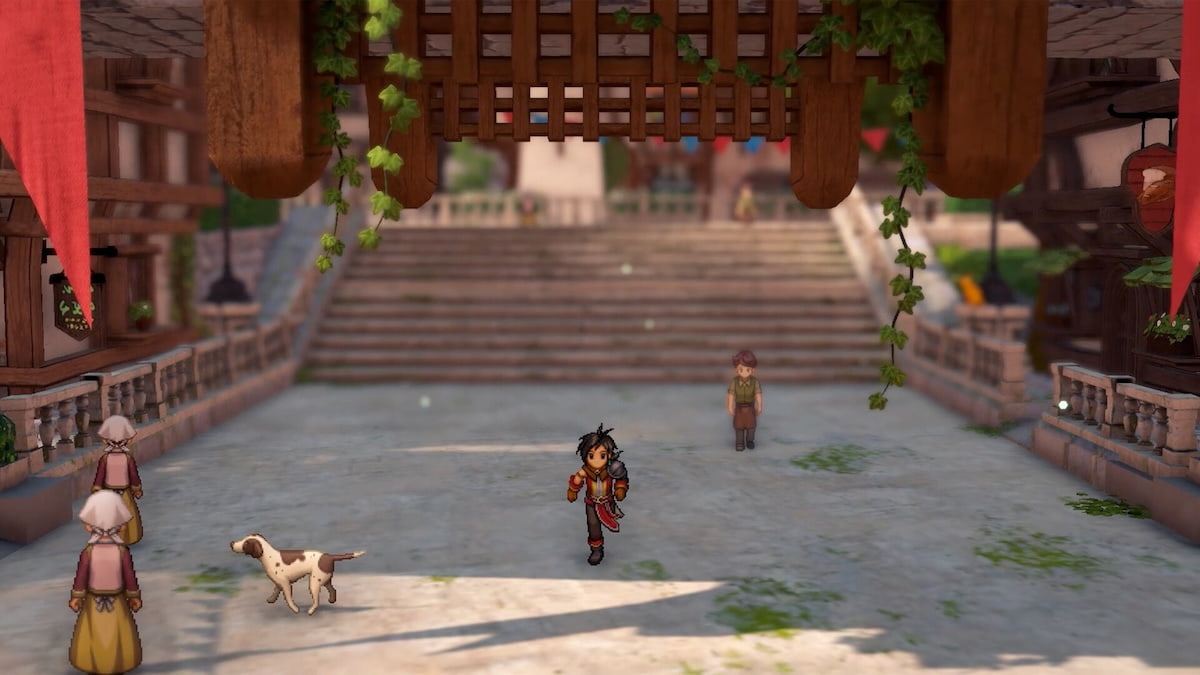As soon as crossover content was brought up in the context of Helldivers 2, players started getting concerned over what it might entail. Judging by what Arrowhead Games’ CCO Johan Pilestedt has just shared, however, Helldivers 2 crossovers should be fairly innocuous in the grand scheme of things.
More specifically, even though Power Rangers were mentioned as one of the potential Helldivers 2 crossover opportunities, that doesn’t seem to be on the docket. Not yet, at least. This has unsurprisingly been one of the hot topics on the Helldivers 2 subreddit, with one of the more popular recent threads asking where the “crossover line in the sand” ought to be drawn. The surprising bit came about when Pilestedt himself chimed in on the matter. According to him, the line is drawn right here:
Pilestedt’s Helldivers 2 collaboration diagram is rather telling
In other words, grunts from all manner of other intellectual properties are all possible inclusions. Or, rather, options that Arrowhead would be happy to include in Helldivers 2 if the IPs’ respective owners would agree to it. Highlighted options include:
- Killzone‘s Helghast
- Starship Troopers‘ Grunts
- Halo‘s ODSTs
- Warhammer 40K‘s Imperial Infantry
The buck stops at Halo‘s Master Chief, however, and we shouldn’t expect to see the Doom Slayer, Astartes, or Ninja Turtles in Helldivers 2 anytime soon. Or Snoop Dogg, for that matter. Curiously, the Clone Troopers from Star Wars have also been excluded from the mix, though the Truth Enforcers Warbond kind of pays homage to those armor designs.
Back on track, Pilestedt has also explained that there’s some nuance to how Arrowhead thinks of content crossover. From the look of things, crossovers are going to be a serious consideration for Helldivers 2 in the future, and we should definitely expect lots more as time goes on. These will, presumably, build upon the precedent set by the Killzone crossover. Mind that Arrowhead is still figuring out how to best handle this type of content, however.
Arrowhead intends to avoid IP dilution by creating authentic and believable crossovers that still somehow fit into the grander lore of Helldivers 2. This is particularly important, it seems, as crossover lore will “become canon” in some way, shape, or form. In the case of Killzone 2‘s Helghast grunts, for example, this franchise’s Ståhl Arms has been canonized in Helldivers 2 as one of the active weapon and armor manufacturers. It’s a neat enough system, I’ll give them that.
The potentially problematic bit comes about when you consider Arrowhead’s authenticity tenet: the team will “strive to modify as little as possible from the original inspiration.” This sounds admirable at face value, but video games’ design languages rarely fit with one another all that well. This could lead to clashing assets, though that’s a problem for some other day.
So, if you too were concerned about Helldivers 2 turning into Fortnite in a few months, that’s entirely unfounded. It’ll still take some time for Arrowhead to figure out what’s what when it comes to crossovers, of course. Heck, we might go for a long while before the next crossover drops into Helldivers 2. But, when it finally does happen, there’s no reason to expect Nicki Minaj on the side of Super Earth.





Published: Dec 30, 2024 10:40 am